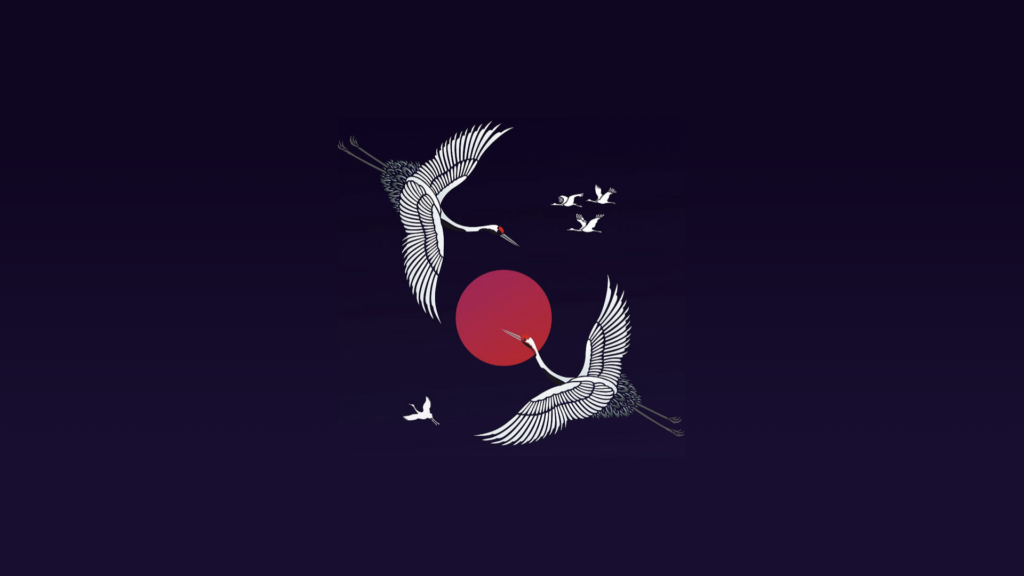
Marcel Junod (14 May 1904 – 16 June 1961)
Marcel Junod was a Swiss medical doctor and one of the most renowned delegates of the International Committee of the Red Cross (ICRC), having lived through such tragedies as the Italian-Ethiopian War and the Spanish Civil War in the 1930s. He was the first Western physician to travel to Hiroshima after the nuclear bombing, treating those who had been irradiated. Marcel Junod arrived in Tokyo on August 9, 1945, the very day Nagasaki was bombed, with a mission to help prisoners of war. On learning of the annihilation of Hiroshima, he insisted on going there as quickly as possible with first-aid equipment. He obtained 15 tons of equipment and entered Hiroshima with a team of two doctors, Japanese assistants and a group of American investigators. The team of doctors succeeded in saving thousands of lives, despite the total destruction of Hiroshima’s medical infrastructure. Marcel Junod played a major role in raising international awareness of the atomic horror, and epitomizes modern humanitarian aid in the face of armed conflict. According to Mikimasa Maruyama, Japanese translator of Marcel Junod’s autobiography (Le troisième combattant), “Marcel Junod’s actions in Hiroshima saved between 20,000 and 30,000 people”. A stele was erected in his memory in Hiroshima in 1979. Since 1990, Marcel Junod’s actions have been honored there every year on June 16, the date of the anniversary of his death.
